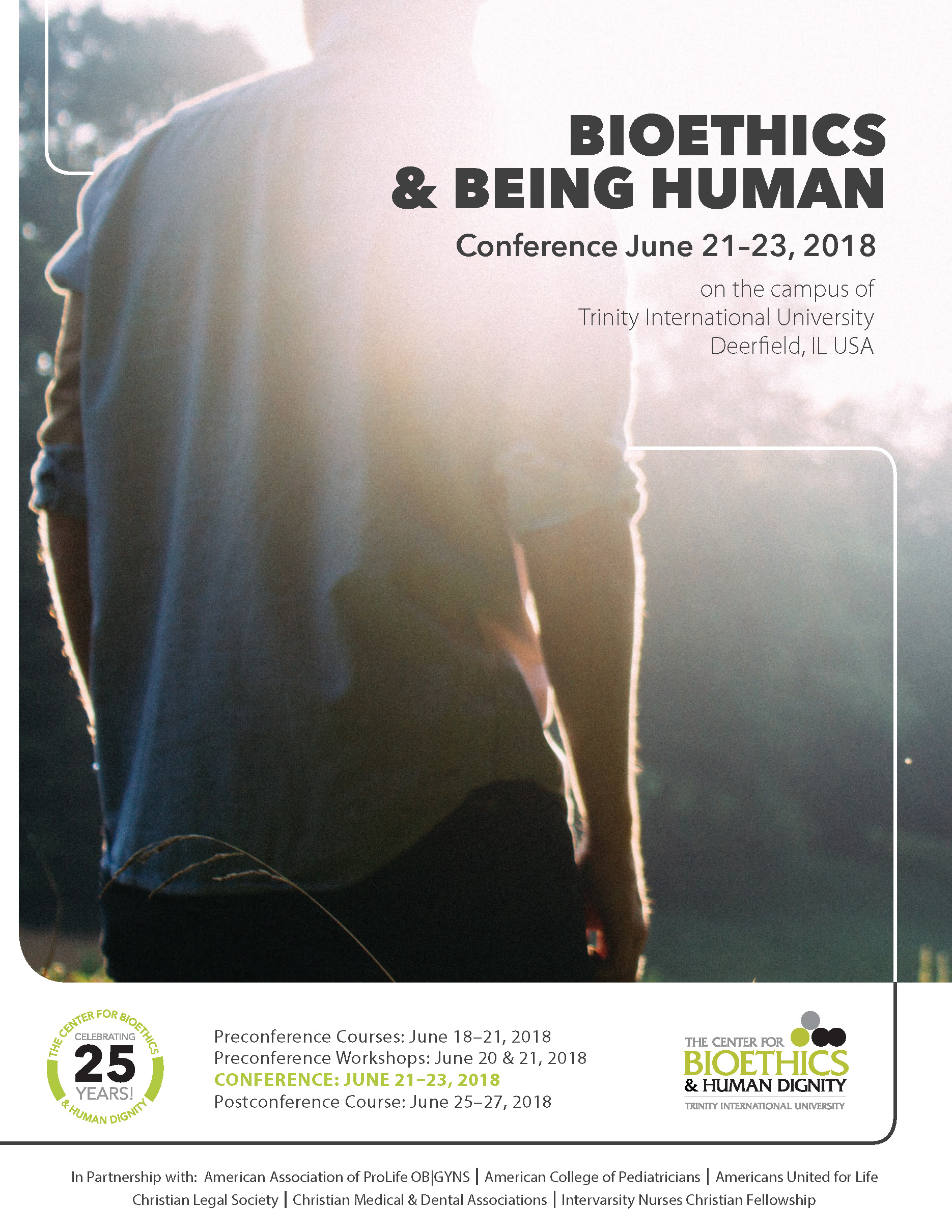
Esther Lightcap Meek has proposed “covenant epistemology” where all knowing is interpersonal. She claims that knowing God is like knowing your mechanic. Further, knowing all of reality is analogous to knowing God. Problems arise, however, in specialized relationships. Interpersonal knowing in a relationship that is highly structured is radically different than an open-ended relational knowing. So how are we to be epistemically faithful in a highly formalized relationship? To make this fairly practical to the conference theme: What does a faithful, committed, covenant epistemologist doctor do to engage the doctor-patient relationship? What can and should a patient respond with? In one sense physicians have long practiced a covenantal form of rationality. However, their epistemic world remains aloof from that covenant. This paper proposes that the doctor-patient relationship and covenant epistemology have much to teach each other. Medicine in so far as it is practiced covenantally, gives insight into asymmetric covenants. Covenant epistemology must develop this asymmetry if it is to be more than a special epistemology between persons. On the other side covenant epistemology broadens the doctor-patient relationship from a covenant of acting to a covenant of knowing. Epistemic covenant reinforces the traditional covenantal models while calling both actors in the relationship to a more accurate understanding of each other. When a doctor approaches the patient as person to know and not as a person to treat they are forming a more authentic understanding of the person and the conditions that afflict them.